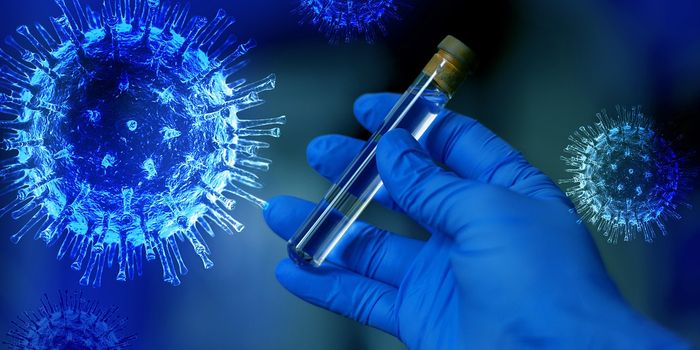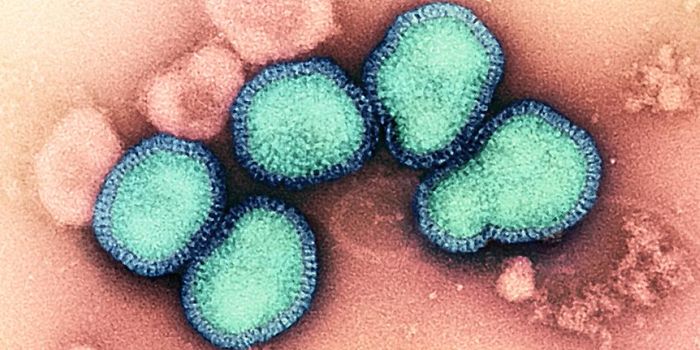Engineered Immune Cell Therapy Reduces Toxicity in Clinical 1 Trial
A novel immune cell therapy known as Chimeric Antigen Receptor (CAR) T cell therapy has recently demonstrated efficacy in B-cell lymphoma with low toxicity. The Malaghan Institute of Medical Research and Wellington Zhaotai Therapies Limited collaborated to coordinate a phase 1 clinical trial using a third generation CAR-T cell therapy. The results of the clinical trial concluded that the novel CAR-T cell design improved drug efficacy with low toxicity and were published in the journal Blood.
CAR-T cell therapy is an adoptive T cell therapy in which T cells (a specific immune cells designed to target infections) are isolated from a patient and engineered to specifically target cancer cells in the body. The engineered cells are then intravenously administered back into the patient. This therapy has rapidly gained interest and many patients have benefited from the treatment, including a young girl who was cured of acute lymphoblastic leukemia (ALL) 11 years ago. However, cures are still rare, and the therapy comes with limitations. Many successful treatments have been associated with hematologic cancers compared to solid tumors. Additionally, these engineered T cells take months to generate and grow before physicians can adoptively transfer them back into a patient. In many cases once the CAR-T cells are injected into the patient, these cells only function properly for a short time before becoming ‘exhausted’. Finally, patients experience high toxic side effects from cytokine release syndrome (CRS).
To address these issues, scientists have worked with clinicians to optimize therapy for both solid and hematologic tumors. Novel CAR-T cell designs are becoming more complex to improve immune response and reduce toxicity. The nomenclature refers to these novel designs as ‘generations’. Simply put, each generational CAR-T cell therapy is categorized based on the number of co-stimulatory signaling domains on the CAR-T cell. First generation CAR-T cell therapy has one co-stimulatory signaling domain, CD3ζ compared to second generation CAR-T cell therapy which can have two co-stimulatory domains, CD3ζ and CD28 or 4-1BB. Finally, third generation CAR-T cells have three co-stimulatory domains: CD3ζ, CD28, 4-1BB. The concept behind more co-stimulatory domains is that it will improve the immune response; however, the issue of toxicity still remains.
The most effective CAR-T cell therapy for B-cell non-Hodgkin lymphoma (a hematologic disease) is a third generation anti-CD19 CAR-T cell therapy, which includes a CD28 co-stimulatory signaling domain. The anti-CD19 nomenclature refers to the CAR-T cell therapy targeting lymphomas that express the marker CD19. Unfortunately, this therapy is associated with increased toxicity. To overcome toxicity, both groups at the Malaghan Institute of Medical Research and Wellington Zhaotai Therapies Limited improved the current anti-CD19 CAR-T cell therapy, by combining another co-stimulatory domain to CD28. This additional signaling domain is known as toll-like receptor 2 (TLR2). Previous work indicated that TLR2 improves efficacy but reduces the proteins or cytokines responsible for inflammation leading to CRS. This new CAR-T cell therapy with TLR2 was found to have very low toxic effects in patients, which is a major advancement to CAR-T cell therapy. These results are promising as the therapy moves through further trials. Although more research needs to be done, this therapy has the potential to significantly treat lymphoma patients and improve their quality of life.
Published, Malaghan Institute of Medical Research, Wellington Zhaotai Therapies Limited, Blood








